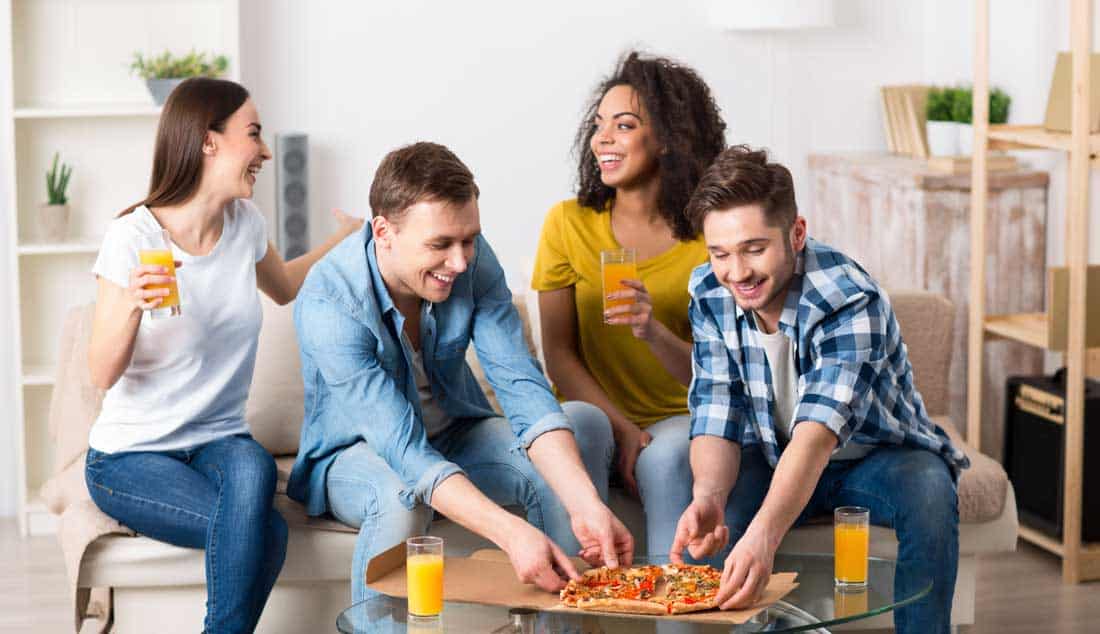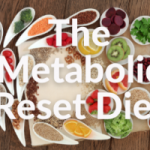 Why do we emotionally eat?
Why do we emotionally eat?
There is not a single culture on this planet that views food as purely an act of obtaining nutrients for the body. This is because food is innately pleasurable to humans and therefore often plays an integral part in moments of joy and connection throughout our lives: holidays, birthdays, family gatherings, and social outings, all tend to revolve around food!
So, is it any wonder that most of us associate food with joy and turn to food when we need to feel comforted? This is something that can be helped through weight loss counseling or nutritional counseling.
What are the two types of eating drives?
There are two major areas of the brain that govern eating. One, the hypothalamus, regulates homeostatic eating (“physical hunger”) while the other, our dopamine reward pathway, regulates hedonic eating (“head hunger”). While there is a lot of cross-talk between these two systems, they can be simplified as follows:
The hypothalamus acts as our thermostat, trying to regulate our food intake and energy output within a tight range so that body weight does not fluctuate too much. This system regulates what might be referred to as “physical hunger”. We can identify “physical hunger” as a sensation that comes on gradually, often arises as a growling or empty sensation in the belly, can be satisfied with almost any type of food, and is satisfied once a feeling of fullness is obtained.
The dopamine reward system, by contrast, is the pathway that regulates our drive for emotional eating, or “head hunger”. When this pathway lights up, we get feelings of comfort and pleasure. We can identify “head hunger” as a sensation that comes on more quickly and often feels urgent, presents as a craving that we can’t stop thinking about, and usually is specific to certain foods (especially highly palatable foods rich in fats and sugars) and is usually not satisfied until we are uncomfortably full.
Why attend emotional eating support groups?
While emotional eating can occur on a spectrum, with some people struggling quite a bit and others less so, most of us can benefit from having more awareness around our emotional eating tendencies. The goal of treatment is not to completely eliminate the emotional pull of food (this is an unrealistic goal for most humans!) but to put YOU back in the driver’s seat of your food decision so that you can decide when you would like to eat for pleasure (maybe on a birthday, for example) and when you would like to choose a different coping mechanism to process your emotions. One of our favorite things to talk about is efficient ways to meal prep to help us keep from binge eating or eating something off diet out of convenience.
Here are some skills you will learn in group counseling sessions:
- How to create time and space between thought and action – We all know that snap reactions are rarely the best ones. The more time and space we can place between thought (e.g. “I am very upset right now, I’d like some ice cream”) and action (eating the ice cream), the more likely we are to make better choices. In group counseling, you will learn practical skills to better respond, rather than react, to emotions.
- How to ride the “craving wave” – The idea that cravings or emotions should not come up in our minds or that we have to squash them as soon as they arise is unhelpful and sets us up for failure. Instead, group counseling sessions will provide you with skills to acknowledge that we do not have control over what or when cravings and emotions arise but we do have control over how we react to them. Rather than viewing these urges like a whack-a-mole game to be suppressed, view them as a natural part of life (akin to waves in an ocean) and allow ourselves to ride the predictable rise and fall of cravings and emotions without needing to react to them is a powerful tool for coping with emotional eating urges.
- How to hone other coping mechanisms – Emotional eating urges often come because the dopamine reward center of the brain is seeking a pleasurable experience. While food is often the first coping mechanism we jump to, we can hone other effective coping mechanisms which provide us with pleasure in healthier ways. During group sessions, you will collaborate as a team to learn how to effectively hone these healthier coping skills.
- How to build self-compassion – You are only human. Using food for coping is taught from a very young age for most of us and is also hard-wired in our brain circuitry. Group sessions are an important reminder that you are not alone in this difficult struggle with emotional eating and that it is ok to be imperfect. It is ok to be human! The goal of treatment is NOT to completely eliminate emotional eating. It is to build awareness, skills, and grace toward ourselves so that our emotions can begin to have less power over us. Progress, not perfection, is the aim of all of our groups.
These are things that you can build on your own, but being a part of a community that is going through the same things that you are makes it easier to stick to these ideas and meet your goals. If you are looking for a group to join or would simply like to know more about our weight loss counseling, feel free to reach out and we can talk with you about your needs and goals and how our nutritional counseling or our online courses might be able to help you. We have years of experience helping people overcome emotional eating and other eating habits and regain control over their lives.
Our team is with you for every step,
including the first one
Get started below
Have questions? Not sure? Talk to our friendly team at (520) 420-1000



